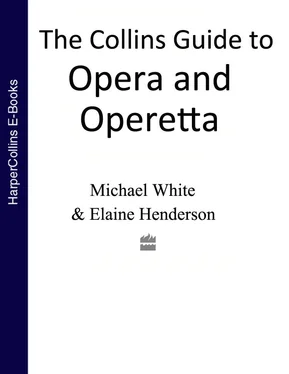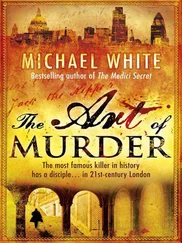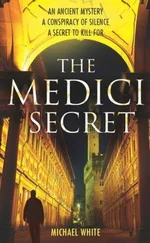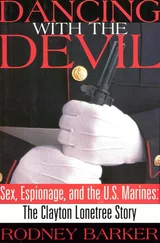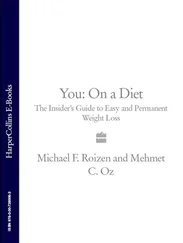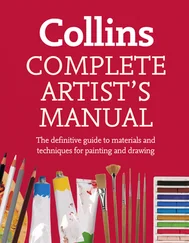The Bassarids
Elegy for Young Lovers
Paul Hindemith
Mathis der Maler
Engelbert Humperdinck
Hänsel und Gretel
Leoš Janáček
The Cunning Little Vixen
The Excursions of Mr Brouček
From the House of the Dead
Jenůfa
Kátya Kabanová
The Makropulos Case
Oliver Knussen
Where the Wild Things Are
Erich Korngold
Die Tote Stadt
Franz Lehár
Die Lustige Witwe
Ruggero Leoncavallo
I Pagliacci
Heinrich August Marschner
Der Vampyr
Pietro Mascagni
Cavalleria Rusticana
Jules Massenet
Manon
Werther
Gian Carlo Menotti
Amahl and the Night Visitors
The Consul
Giacomo Meyerbeer
Les Huguenots
Claudio Monteverdi
La Favola d’Orfeo
L’lncoronazione di Poppea
Il Ritorno d’Ulisse in Patria
Wolfgang Amadeus Mozart
La Clemenza di Tito
Cosí fan Tutte
Don Giovanni
Die Entführung aus dem Serail
Idomeneo
Le Nozze di Figaro
Die Zauberflöte
Modest Musorgsky
Boris Godunov
Khovanshchina
Otto Nicolai
Die Lustigen Weiber von Windsor
Carl Nielsen
Maskarade
Jacques Offenbach
La Belle Hélène
Les Contes d’Hoffmann
Orphée aux Enfers
La Vie Parisienne
Francis Poulenc
Les Dialogues des Carmélites
La Voix Humaine
Sergei Prokofiev
The Fiery Angel
The Love for Three Oranges
War and Peace
Giacomo Puccini
La Bohème
La Fanciulla del West
Madama Butterfly
Manon Lescaut
Tosca
Il Trittico
Il Tabarro
Suor Angelica
Gianni Schicchi
Turandot
Henry Purcell
Dido and Aeneas
The Fairy Queen
King Arthur
Maurice Ravel
L’Enfant et les Sortilèges
L’Heure Espagnole
Nikolai Rimsky-Korsakov
The Golden Cockerel
The Legend of the Invisible City of Kitezh
Gioacchino Rossini
Il Barbiere di Siviglia
La Cenerentola
Guillaume Tell
L’ltaliana in Algeri
Camille Saint-Saëns
Samson et Dalila
Aulis Sallinen
The Red Line
Arnold Schoenberg
Moses und Aron
Dmitri Shostakovich
Lady Macbeth of the Mtsensk District
Bedřich Smetana
The Bartered Bride
Johann Strauss II
Die Fledermaus
Der Zigeunerbaron
Richard Strauss
Arabella
Ariadne auf Naxos
Capriccio
Elektra
Intermezzo
Der Rosenkavalier
Salome
Igor Stravinsky
Oedipus Rex
The Rake’s Progress
Arthur Sullivan
The Gondoliers
HMS Pinafore
Iolanthe
The Mikado
Patience
The Pirates of Penzance
The Yeoman of the Guard
Pyotr Ilyich Tchaikovsky
Eugene Onegin
The Queen of Spades
Michael Tippett
King Priam
The Knot Garden
The Midsummer Marriage
Giuseppe Verdi
Aida
Un Ballo in Maschera
Don Carlos
Falstaff
La Forza del Destino
Macbeth
Nabucco
Otello
Rigoletto
Simon Boccanegra
La Traviata
Il Trovatore
Richard Wagner
Der Fliegende Holländer
Lohengrin
Die Meistersinger von Nürnberg
Parsifal
Der Ring des Nibelungen
Das Rheingold
Die Walküre
Siegfried
Götterdämmerung
Tannhäuser
Tristan und Isolde
William Walton
Troilus and Cressida
Carl Maria von Weber
Der Freischütz
Kurt Weill
Aufstieg und Fall der Stadt Mahagonny
Die Dreigroschenoper
Street Scene
Bernd Alois Zimmermann
Die Soldaten
Glossary
About the Publisher
How to Use this Ebook

Over 180 operas and operettas, the major works of more than 70 composers, are covered in the Collins Guide to Opera and Operetta, an invaluable guide to this fascinating but sometimes misunderstood artform.
The main body of the book is arranged alphabetically by composer, starting with Adams and continuing through to Zimmermann, taking in the likes of Britten, Mozart, Puccini, Strauss (Johann II and Richard), Sullivan, Verdi and Wagner along the way.
The section for each composer begins with a list of their major operatic works arranged in chronological order by year of composition. Those operas set in bold type are featured in detail on the pages within each composer section. Biographical details and information on other non-operatic works set the operas in context.
The featured operas for each composer are arranged in alphabetical order. Within the entry for each opera the presentation is exactly the same: Form, Composer, Libretto, First Performance, Principal Characters, Synopsis of the Plot, Music and Background, Highlights and Recommended Recording. The vast majority of the operas also feature an entertaining Did You Know? box including anecdotes and diverting background information.
An overview of the history and development of opera and operetta, and a glossary of musical terms round out this indispensable reference source for opera devotees and newcomers alike.
Introduction

FLORENTINE BEGINNINGS
The four-hundred-year history of opera as we know it is based on a mistake. Or at least, a mistaken assumption, made in the late 16th century by a group of Florentine intelligentsia, who were minded to re-create what they believed to be ancient classical drama. Their guide was Aristotle who, in the 4th century BC, had written about theatre and music as though such things were synonymous. Drama, said Aristotle, was the imitation of life made pleasurable by ornament and melody; and armed with this information, the Renaissance Florentines supposed that ancient drama must have been completely sung.
Читать дальше
